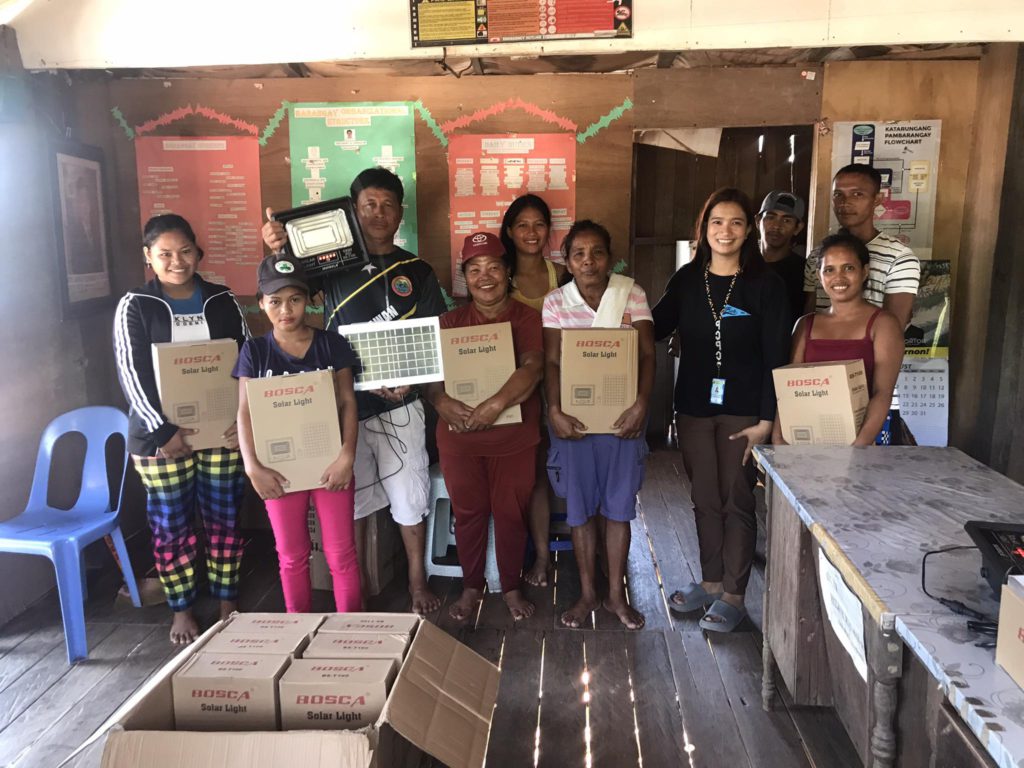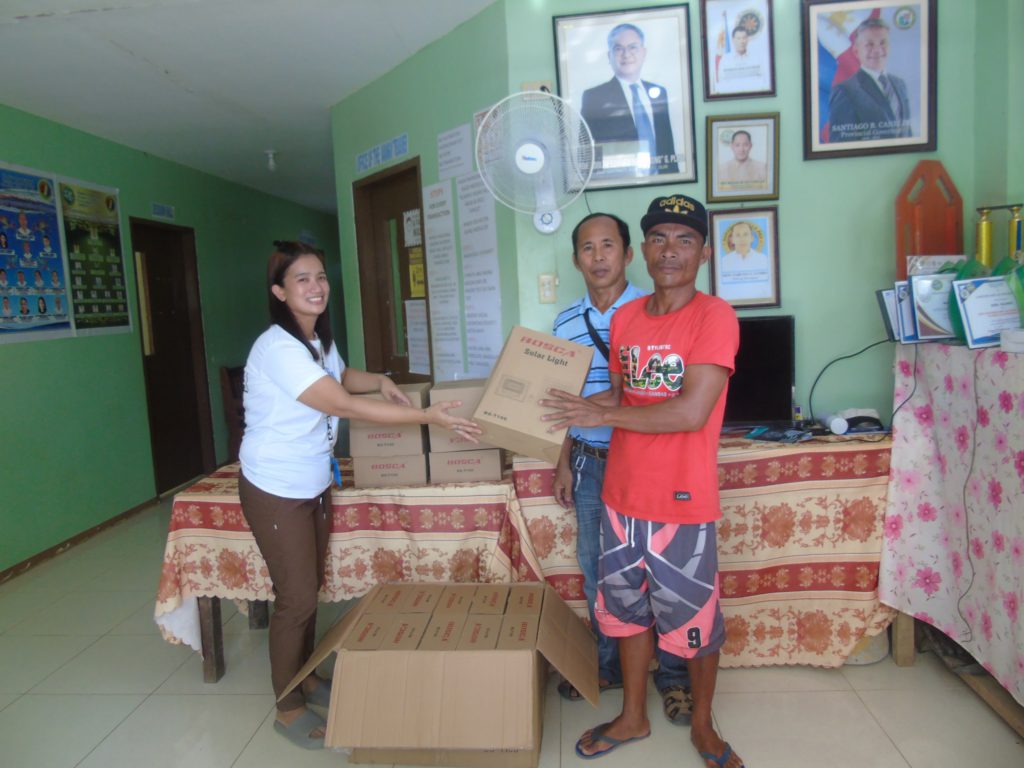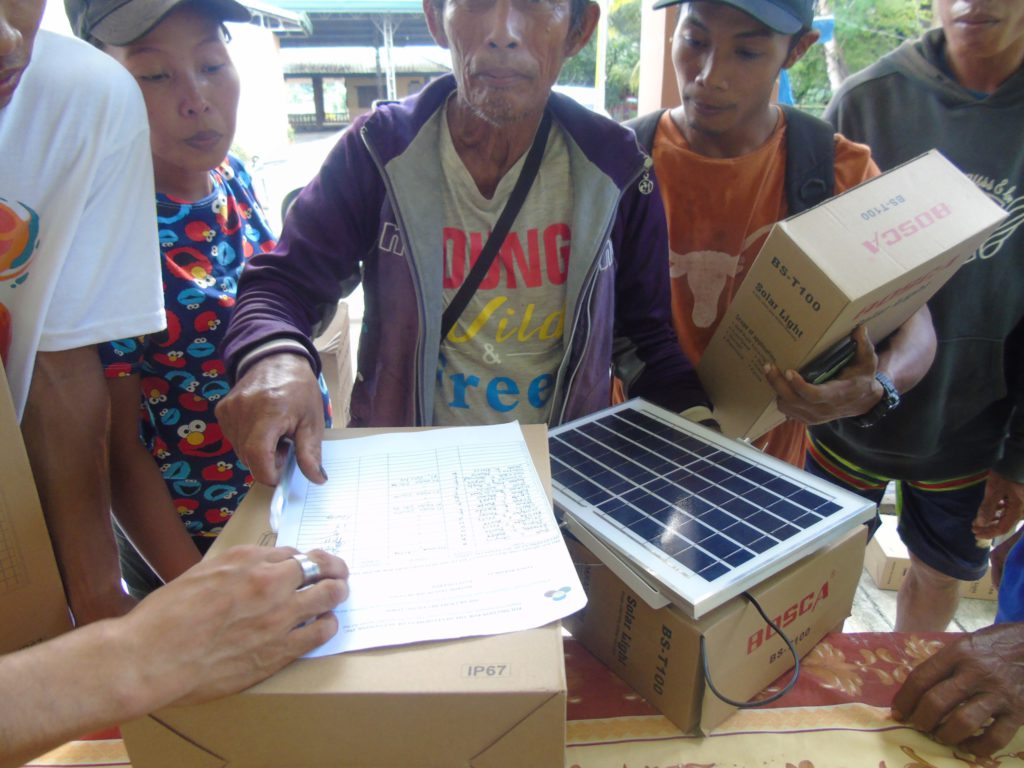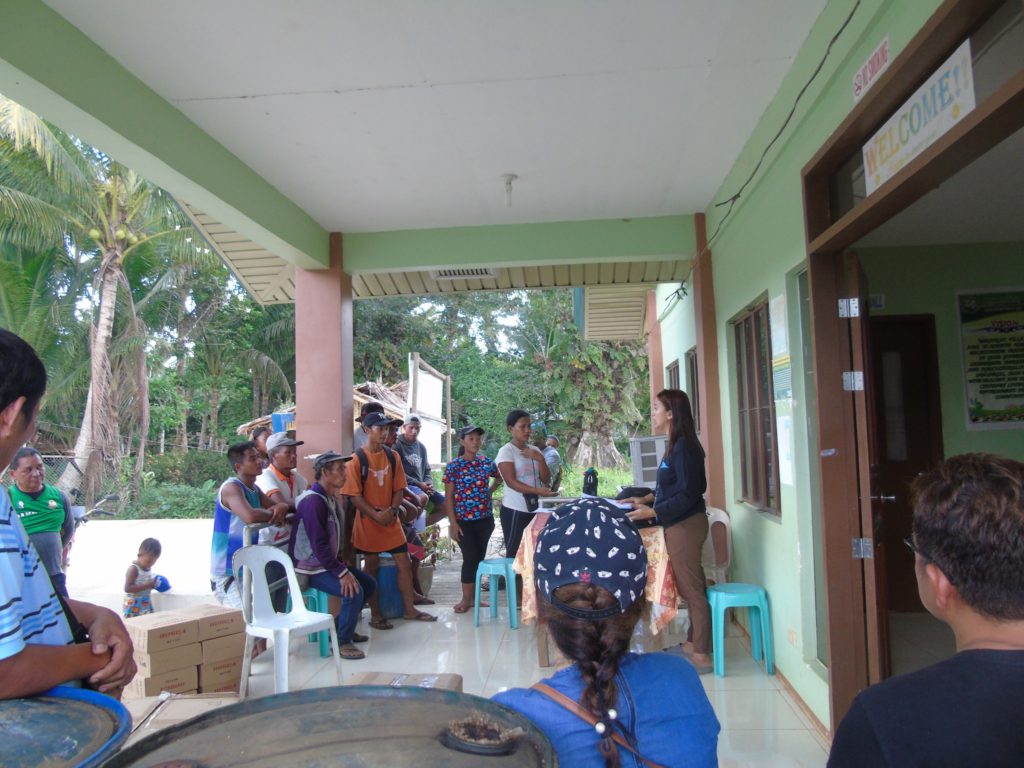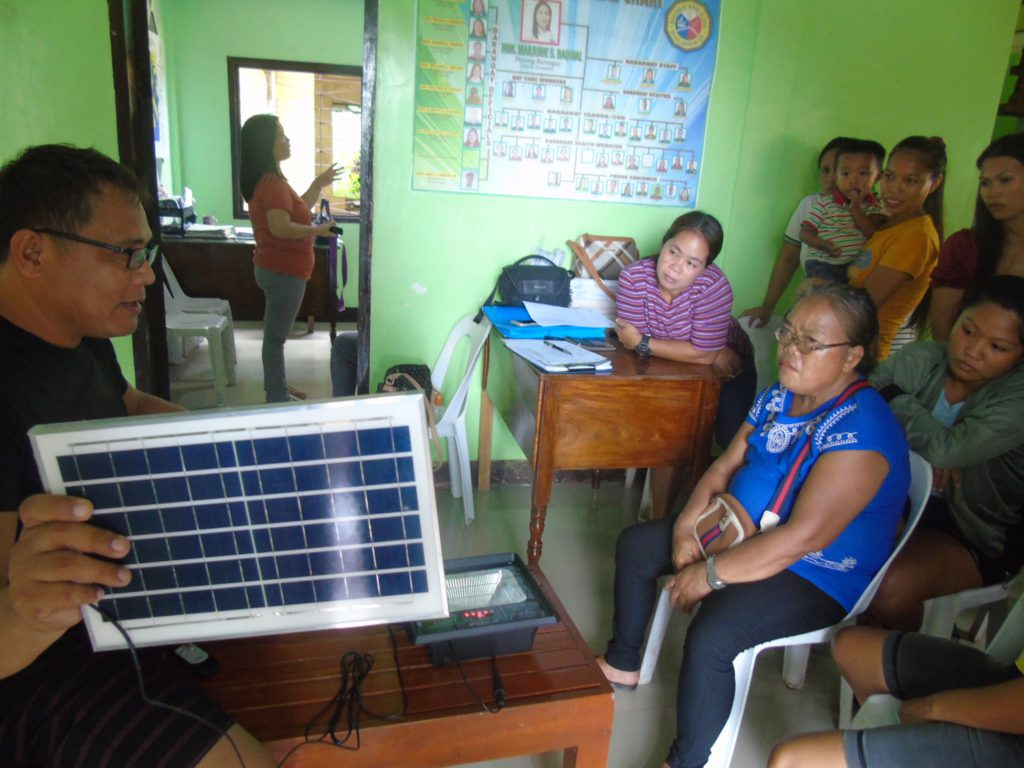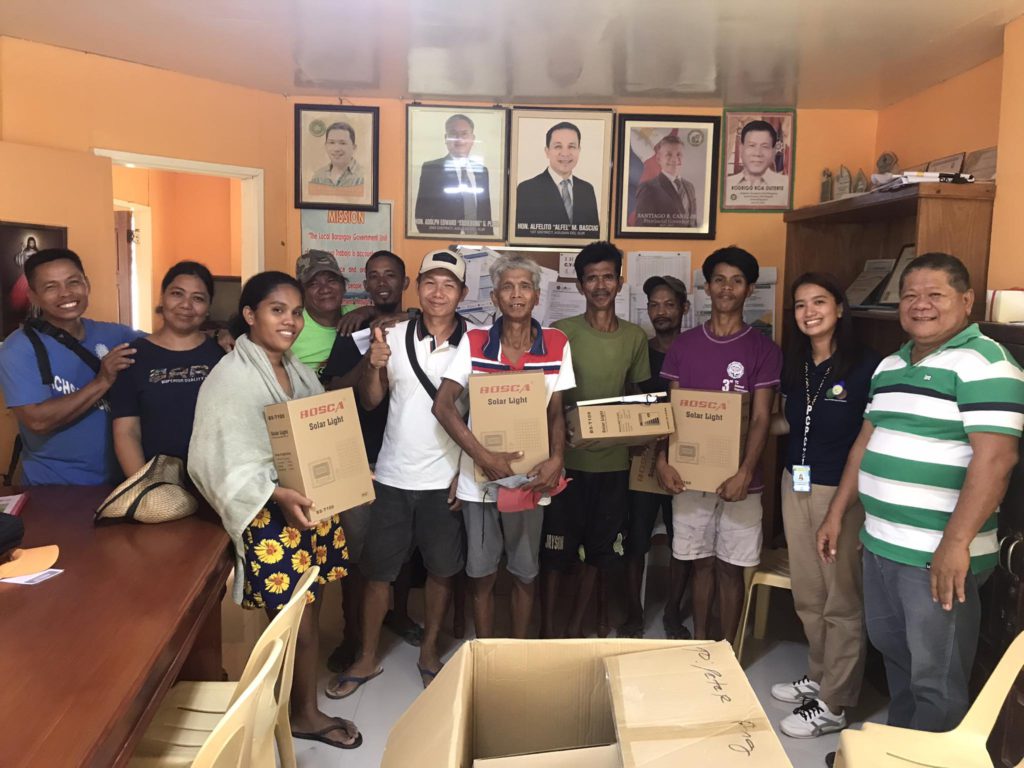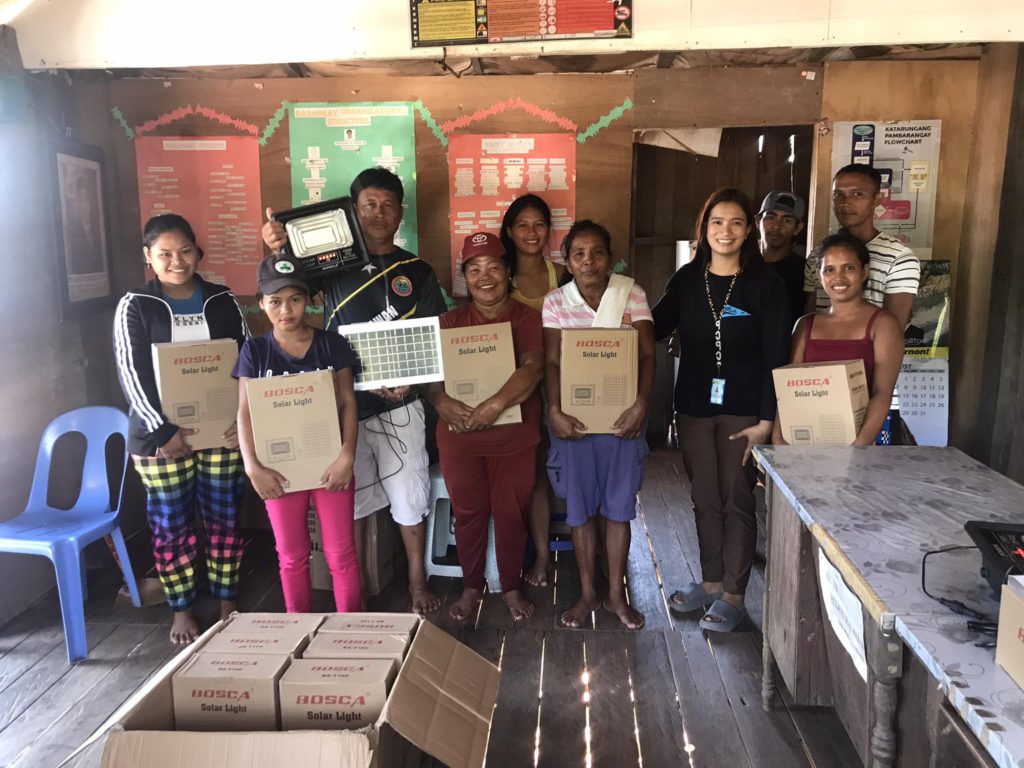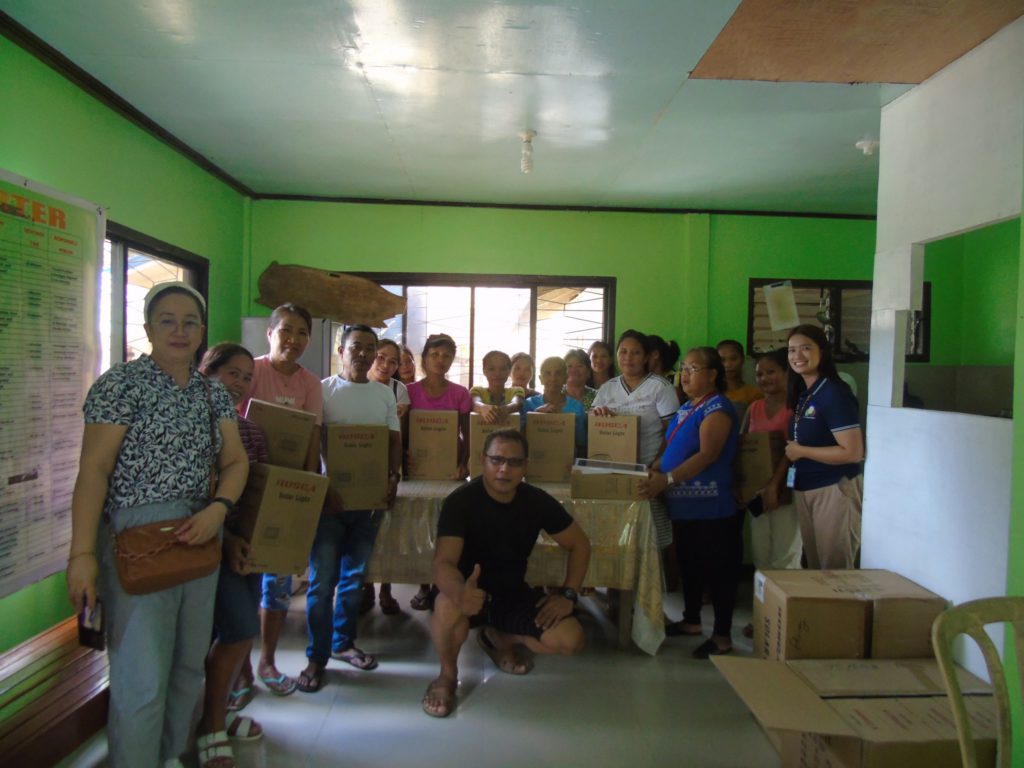The use of fossil fuels, especially coal, significantly contributed the worsening condition of Climate change and aggravated the impact of global warming. If this cannot be immediately addressed, this will result in the irreversible and severe impact on the environment including the local environment of the Philippines.
Environmental scientists and experts on climate change unanimously agreed that reversing the ongoing trend of the deteriorating condition of climate change and global warming requires a drastic shift from dependency on unsustainable use of coal to alternative sustainable energy. This shift includes the transition to the use of solar sources of energy as one of the alternatives.
Through the support of KNHL, the Foundation for the Development of Agusanon Incorporated (FDAI) strongly and aggressively supports this shift to sustainable energy. Hence, as part of the major component of the project on Climate Change Adaptation and Mitigation of the Most Vulnerable Areas in Agusan del Sur, the foundation distributed solar light units to its project beneficiaries to popularize at the same time help the community shift to the use of solar energy system. These solar lights are utilized to energize individual households at the same the whole community through the establishment of Solar Street Lights.
A total of 111 solar lights units were distributed to the four (4) first beneficiary barangays of Barangay of Sabang Adgawan, Nuevo Trabajo, Doña Flavia, and Villapaz. These solar lights will help reduce the local carbon footprints of the community and boost environmental sustainability. This will also substitute the use of conventional lighting that energizes the community.
Recipients were orientated and trained on the proper use, maintenance, and care of these solar lights, to optimize their potential and ensure their sustainability.
The distribution of these units as one of the project components illustrates FDAI’s proactive response to cope with and help address the impact of climate change. It aimed to improve the community’s quality of life, which are essential in creating a more sustainable and resilient community and environment.
